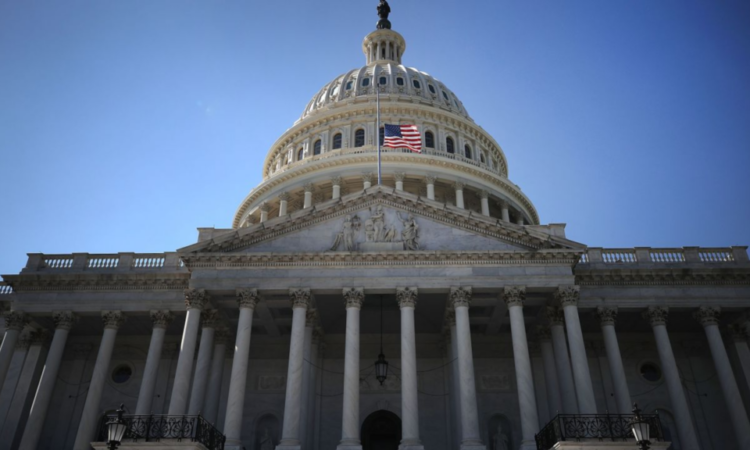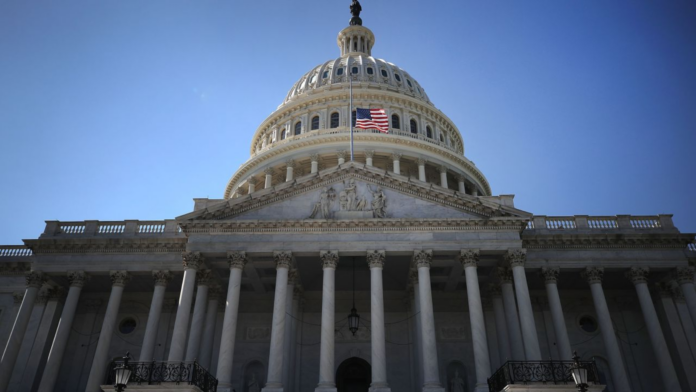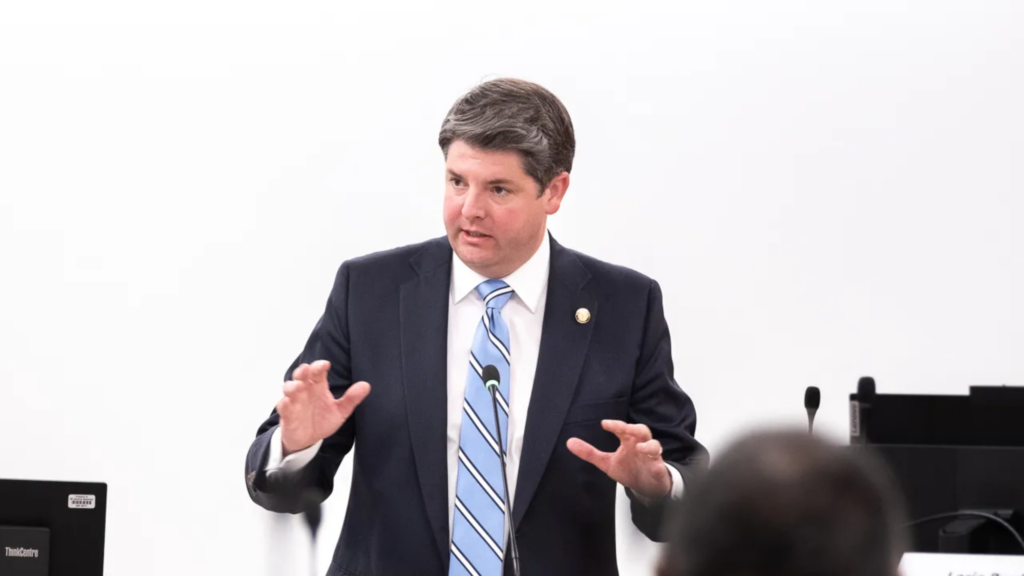

The state of North Carolina is taking a bold stance against central bank digital currencies (CBDCs). On Wednesday, the North Carolina Senate overwhelmingly voted in favor of a bill that seeks to ban the use of CBDCs within the state. The bill now awaits the governor’s approval to become law.
If signed, the new law will prevent North Carolina from participating in any Federal Reserve testing of future CBDCs. Additionally, it will prohibit state agencies and courts from accepting payments made with CBDCs.
The bill, known as Bill 690, received a significant majority in the Senate with a 109-4 vote, an increase from the 39-5 vote recorded the previous day. This legislative move underscores North Carolina’s firm opposition to the potential implementation of a digital dollar.
Senator Brad Overcash, a key proponent of the bill, emphasized that this legislation aims to discourage the federal government from pursuing a CBDC. He argued that such a move could threaten the US dollar’s status as a leading global currency. The bill sends a clear message to the government that North Carolina is not interested in a central bank digital currency, Overcash stated. He further explained, this would bar our state agencies or courts from accepting a central bank digital currency, and it would also prevent them from participating in any pilot projects initiated by the Federal Reserve Banks.

Overcash highlighted that this legislation is an essential step in maintaining the stability of the US financial sector. He believes that the introduction of a CBDC could have far-reaching implications, potentially disrupting the current financial system.
North Carolina is not alone in its opposition to CBDCs. Earlier this year, Majority Whip Tom Emmer introduced the ‘CBDC Anti-Surveillance State Act’ to block the US central bank from developing a digital dollar. Emmer and other critics argue that a CBDC could lead to increased government control and surveillance over American citizens’ financial activities.
Federal Reserve Chair Jerome Powell has also indicated that the US is not close to adopting a CBDC. During a Senate Banking Committee hearing in March, Powell stated that the country is nowhere near the implementation of a central bank digital currency.
In addition to North Carolina, Florida has been a vocal opponent of CBDCs. Governor Ron DeSantis signed a bill last year that bans the use of CBDCs in the state. DeSantis and other Florida lawmakers have expressed concerns similar to those in North Carolina, citing the potential risks to financial privacy and stability.
The movement against CBDCs in states like North Carolina and Florida reflects a broader skepticism about the federal government’s role in digital currencies. Proponents of the ban argue that a CBDC could undermine the decentralized nature of existing cryptocurrencies and pose risks to individual privacy. If more states follow suit, it could complicate any future efforts by the federal government to introduce a digital dollar. The strong opposition in state legislatures suggests that there will be significant hurdles to overcome before a CBDC can be widely adopted in the US.
For now, the focus is on the governor of North Carolina, who has the final say on Bill 690. If approved, North Carolina will join Florida in setting a precedent for other states that may wish to resist the introduction of central bank digital currencies.
North Carolina’s decisive action against CBDCs marks a significant moment in the ongoing debate over digital currencies in the US. As the bill moves to the governor’s desk, all eyes will be on the state to see if it will officially join the ranks of those opposing the federal push towards a digital dollar. This development is a crucial step in the larger discussion about the future of money and the role of government in the digital age.

